Congratulations to Nigerian Communications Satellite Ltd, UKAEA, and Universiti Malaysia Sarawak for their outstanding achievements in winning the IET Impact in Society Awards!
Your dedication to improving our world through technology is truly inspiring. It is clear that your work in the Healthy Lives, Digital Futures, and Sustainability and Climate Change categories has made a significant impact on society, and we are grateful for your contributions.
We celebrate your hard work, innovation, and commitment to creating a better future for all. Keep up the excellent work, and we look forward to seeing the continued impact of your efforts!
IET Impact in Society
The IET Impact in Society Award recognises teams of all types and sizes including multi and cross-discipline that have made a significant contribution to society through their use of engineering and technology.
Teams can be formed of any number of individuals and can include junior team members e.g., apprentices and early career technicians.
The categories are “Sustainability and climate change – teams working to secure securing a zero-carbon future”, “Digital Futures – teams collaborating on projects in the field of promoting professional ethics and trust”, and “Healthy lives – teams innovating assisted living, robotics, etc.”.
We nominated ourselves for the “Healthy Lives – Assisted Living, Robotics, etc.” category where we have developed solutions that promote healthier lifestyles and improve the quality of life for people with disabilities, the elderly, and others.
Sustainability and Climate Change – securing a zero-carbon future
Winner
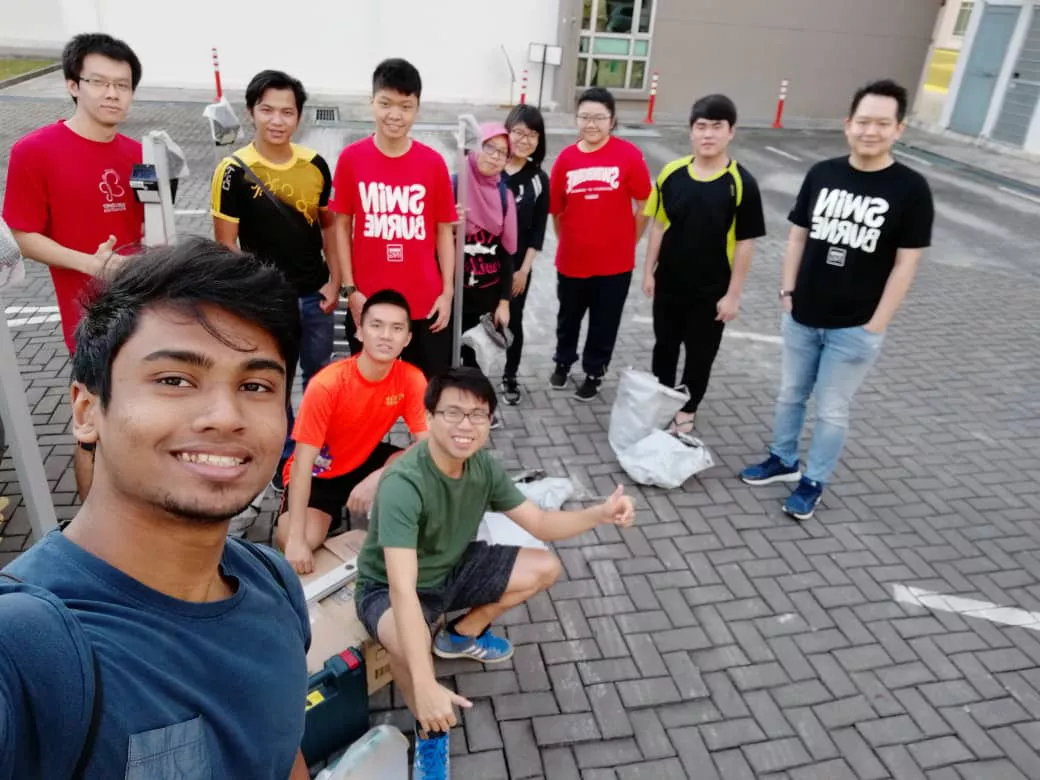
Universiti Malaysia Sarawak
The team, led by Dr. Then Yi Lung, academic from Universiti Malaysia Sarawak, consisted of volunteers and lecturers from different universities (Swinburne University of Technology Sarawak and Nanyang Technological University Singapore) and professional backgrounds, such as electrical engineering, banking, and academia. The team was focused on implementing sustainable, renewable energy projects in rural communities in Sarawak, Malaysia.
The team successfully completed Alternative Lighting Project 1 (ALP1) and was working on the ALP2 project, which aimed to create a sustainable, clean energy system for the village. The team had a strong sense of unity and worked collaboratively throughout the project, ensuring that every member was included and had a purpose. The team would meet regularly to discuss tasks and responsibilities, and tasks were assigned to team members who were the best fit for the job. Everyone was encouraged to contribute their ideas, and the team would keep in touch digitally to update each other constantly.
Throughout the project, the team faced challenges, including the need to maintain the trust of the local community and the impact of the COVID-19 pandemic, which placed restrictions on movement. Despite these challenges, the team persevered and worked actively to communicate with the village heads remotely and find ways to continue the project. The team successfully completed the ALP2 project by June 2022, with the last phase of connection completed. Overall, the team’s dedication and hard work were crucial to the success of the project, and their efforts have made a positive impact on the lives of the rural communities in Sarawak, providing them with sustainable, clean energy and improving their quality of life.
Finalists
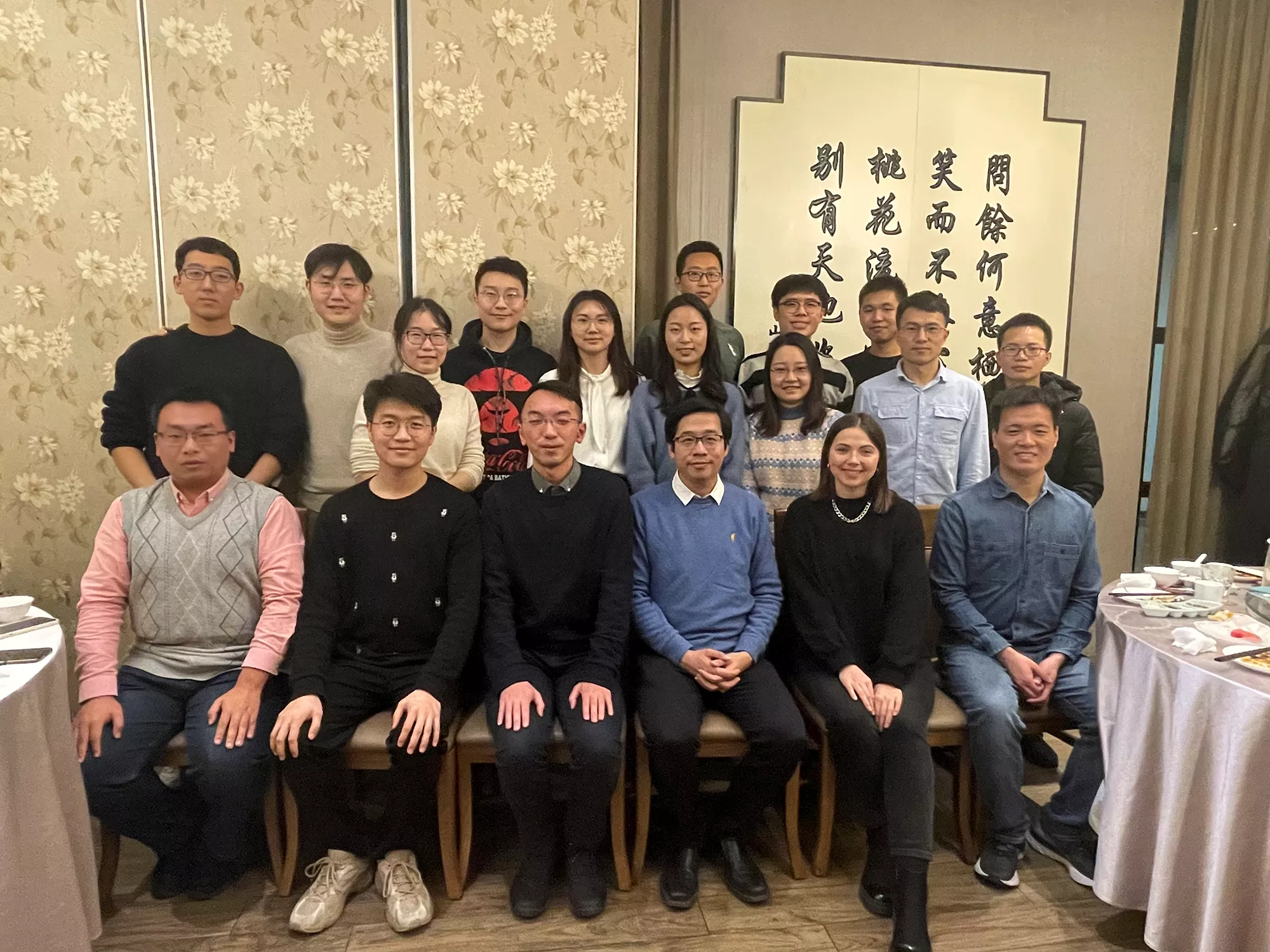
Beihang University, China
Mobility as A Service is a complex of multidisciplinary knowledge from transportation engineering, computer science, economics, mathematics, and geospatial science.
Realizing a successful MaaS story in China requires teamwork.
In this project, all team members are from different majors; Xiaolei Ma and Yue Hou are responsible for project guidance, strategic plan-making, and student supervision. Xiaohan Liu, Zhengke Liu, and Bing Liu are from transportation engineering, Haoyang Yan’s background is computer science, and Kateryna Saltykova’s major is aviation engineering. As for our industrial partner Amap, Zhenning Dong is working on Geographic Information System (GIS), and Yi Zhao’s background is business management. Strong team players are willing to share their resources, knowledge, and expertise with others.
Teamwork involves being open about processes, demonstrating efficient ways to do things, and being receptive to the fact that the individual only succeeds when the team succeeds. This collective approach to co-working strengthens all players.
The team culture is collaboration and sharing. We provide opportunities for team members to work together on projects and tasks. This can help build stronger relationships and foster a positive work environment. We encourage diversity in terms of gender and nationality and ensure that all perspectives are considered and that the team can tackle the project from multiple angles.
We also assigned tasks based on each team member’s strengths, skills, and interests to ensure that everyone can contribute to the best of their abilities. We also welcome team members to express their opinions, thoughts, and feelings in a supportive and non-judgmental environment. We foster a positive and respectful work environment and provide equal access to opportunities and resources.
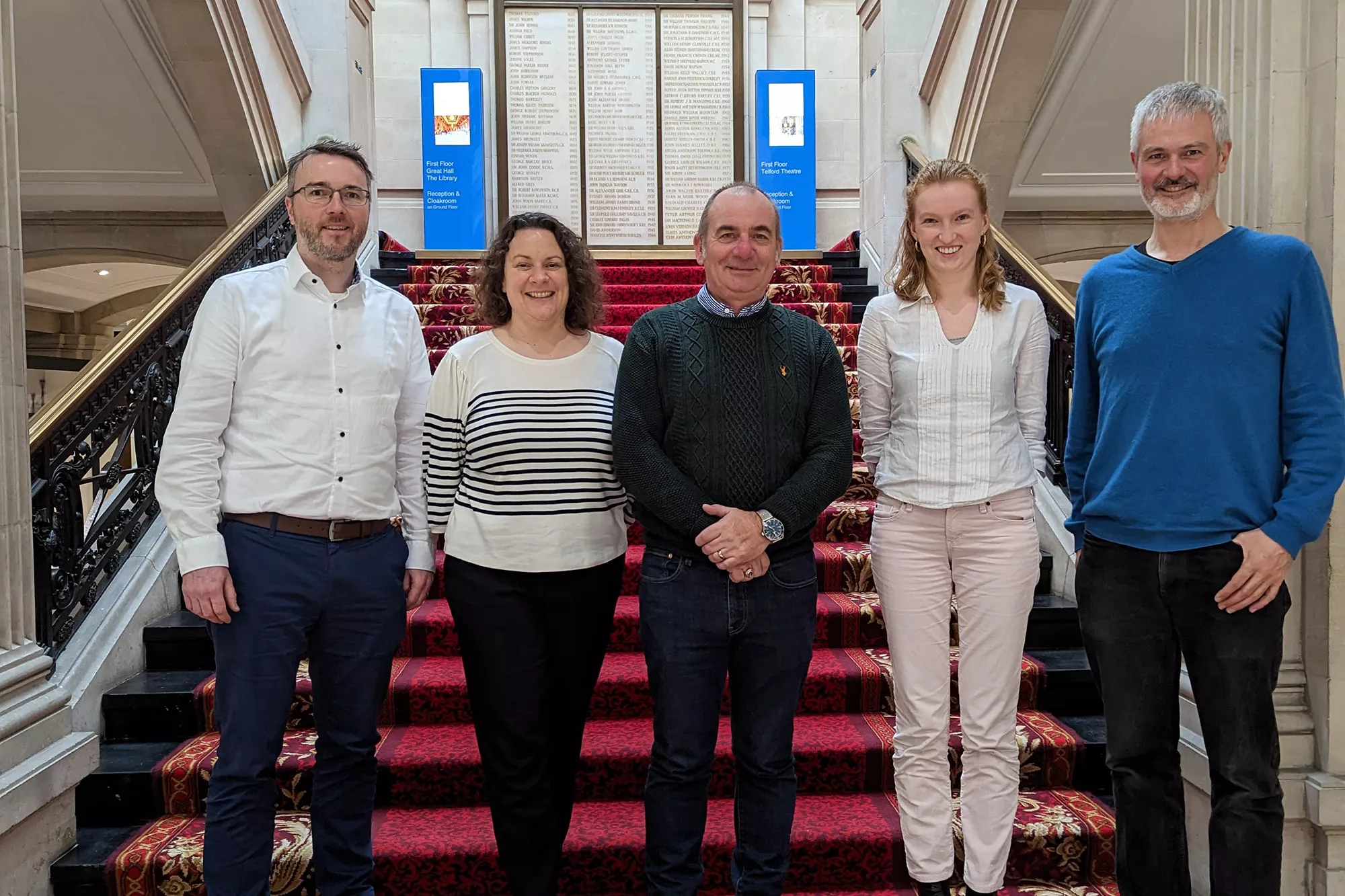
Mott Macdonald
The 18-month project gathered input from more than 45 experts from the cement and concrete industry including clients, designers, contractors, policy makers, manufacturers, trade associations and academia. The aim of the project was to create a document agreed by practitioners from the entire construction supply chain, containing ready-to-go solutions that allow the reduction of greenhouse gases (GHG) from the use of concrete to net-zero levels by 2050.
The biggest challenge during this project was that all Low Carbon Concrete Group (LCCG) members were volunteers. The project was not financially supported by either the government, a funding institution or the practitioners’ institution. All work was usually done outside of working hours. As a consequence, the launch of the document had to be postponed by 6 months, from November 2021 to April 2022.
The team was managed by the chair, Andrew Mullholland, who was supported by all LCCG members. The members of the publication group worked flexibly together between workstreams to accommodate each other’s work schedules and keep momentum. The project took place during the Covid-19 pandemic. On-line group meetings allowed publication group members to avoid unnecessary travel and to enable group members to manage their home and work commitments during this difficult time.
The result is the Low Carbon Concrete Routemap, which includes three potential paths for decarbonising the cement and concrete industry.
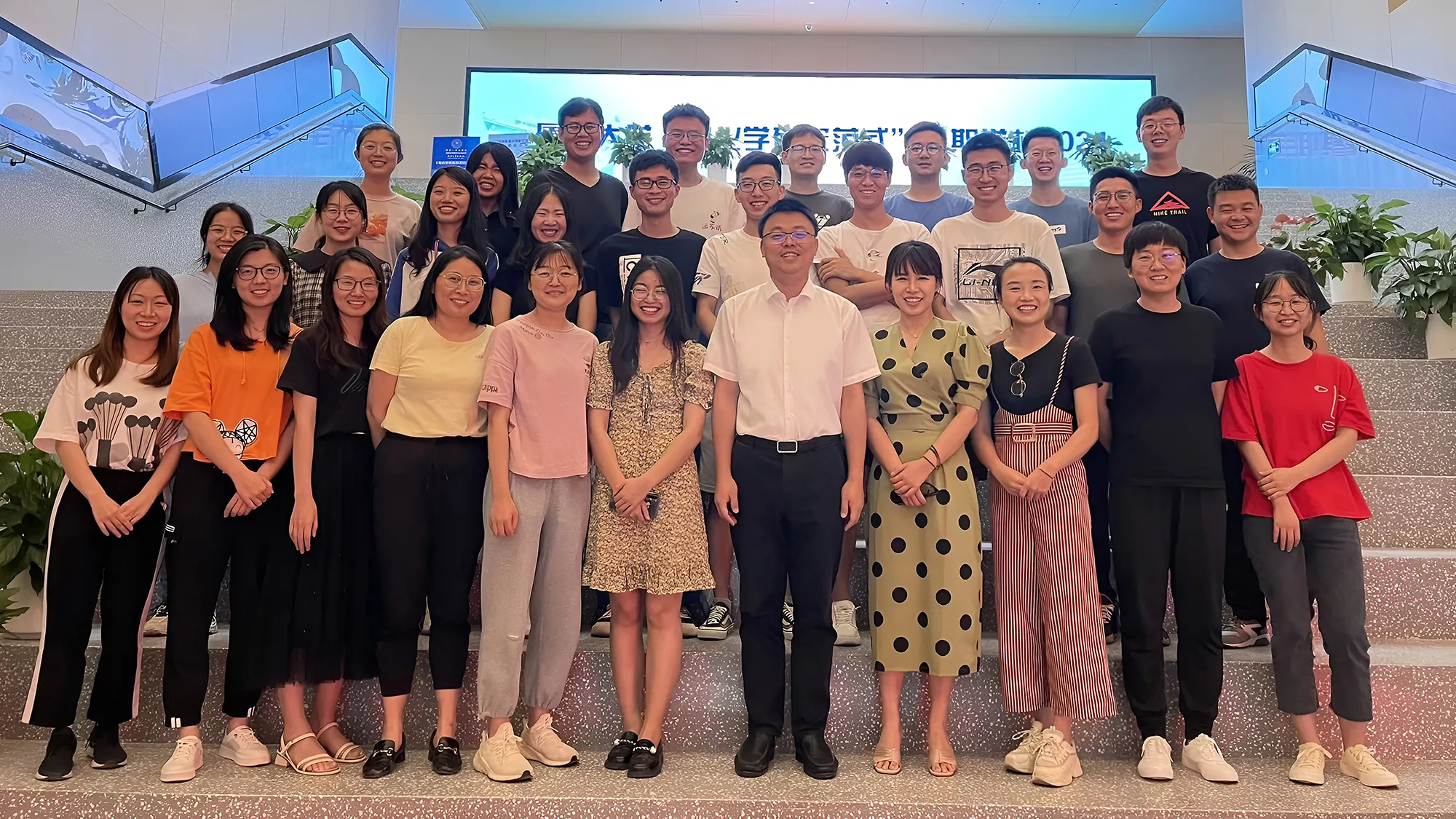
Xiamen University, China
Liquid gating technology (LGT) team’s culture has been cultivated based on the team concept of daring to be the first, focusing on details, and valuing cooperation. The leader of the team is Prof. Xu Hou from Xiamen University, and he is also the director of the Institute of Electrochemical Science and Engineering. The specific number of LGT team members is 23, including 12 core team members.
A key strength of the LGT team has been diversity in the engineering experience and scientific expertise possessed by its members. The team combines engineers, chemists, physicists and materials scientists, agriculturists as well as environmentalists from very different institutions.
LGT needs cross-disciplinary cooperation, so this collaboration is beneficial and key to addressing interdisciplinary research, where different backgrounds bring diverse scientific experimental skills, engineering thinking mode, theoretical analysis experience, expertise and resources, creativity, big-picture thinking, and organisational skills.
Through teamwork, Prof. Hou has led the top-level design of LGT, other core team members promote the project of each link, such as providing important technical support in the establishment of physical and fluid models and theoretical calculations, building construction of equipment and devices, and preparing some applications for relevant project funds, etc. At the same time, the team members have a common goal to promote LGT to better serve the society.
The project of LGT is an international cooperation project, and it involves the project cooperation of 15 research institutions in 8 countries. The team leading LGT itself was selected as the Top Ten Emerging Technologies by the World Authoritative Chemical Organization “International Union of Pure and Applied Chemistry” in 2020.
Healthy lives – assisted living, robotics, etc.
Winner
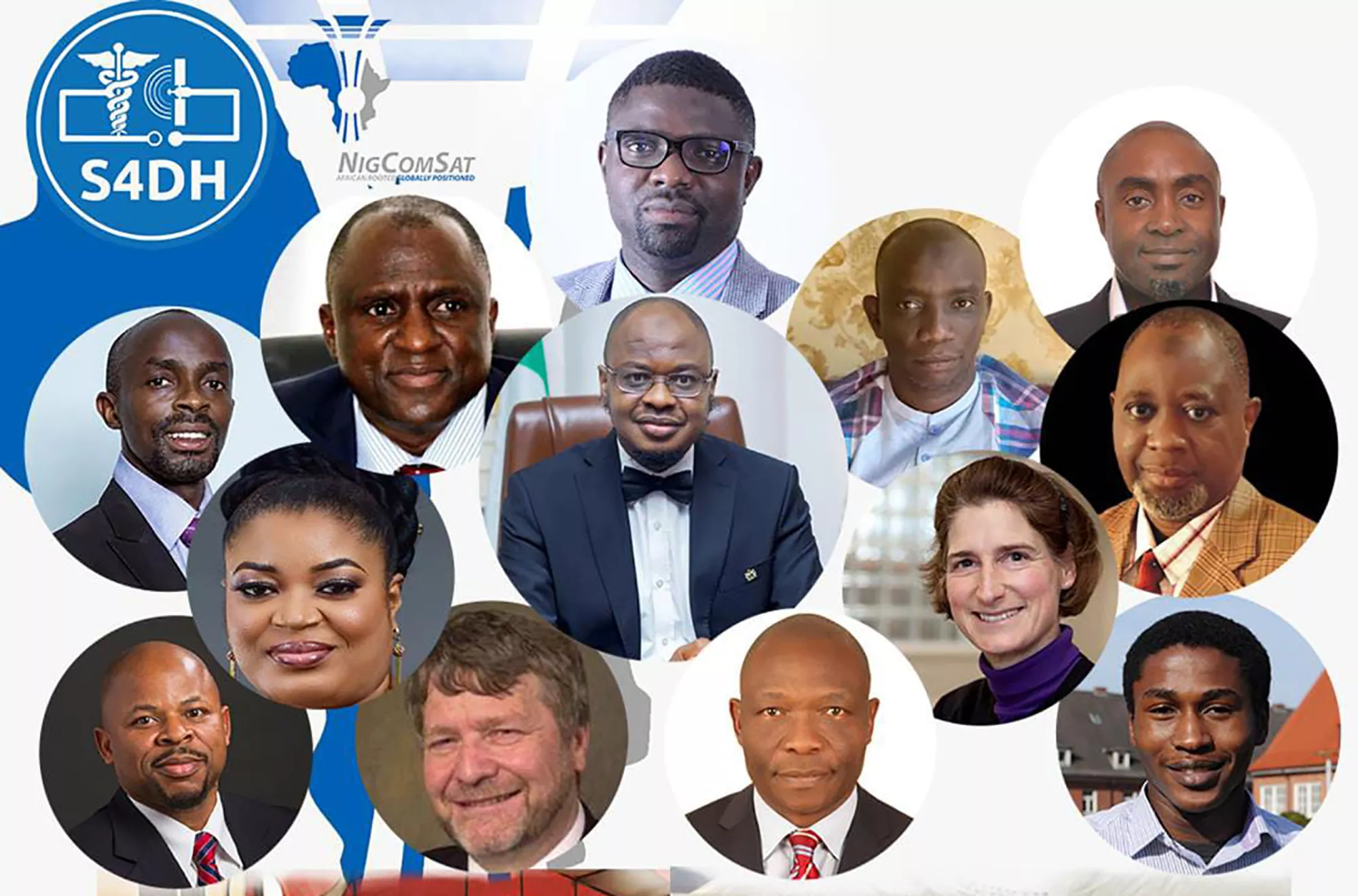
Nigerian Communications Satellite Ltd
To ensure the success of our telemedicine project, our multi-disciplinary team contributed expertise on: communications technologies, satellite communications, medicine, software engineering, mechatronics engineering, health policy and management, amongst others, whilst at the same time demonstrating a viable advanced technological solution for telemedicine implementation.
During implementation of our research and outreach field-project, a social media forum was created; regular social media progress meetings were used to permit close international collaboration of the co-investigators, enabling them to share project progress measured against our shared dynamic Gantt-chart.
Major challenges facing the adoption of telemedicine in Nigeria are language barriers and the low literacy level of the population, especially in underserved communities. This issue was resolved by the introduction of a support staff team who served as intermediaries between the doctors and the patients. In a bid to enhance team-work cohesion and healthcare operations, we engaged the services of local support staff to provide a sustainable support system that bridged the gap between the digital approach to health-care delivery and the low literacy level of the population.
To solve the problem of inadequate training of the frontline workers, we ensured that the support staff had completed tertiary education. The doctors were outstanding practitioners in their respective fields; using software to enable knowledge sharing, and engagement with one another – this ensured a strong integrated interaction and flow of information between program team members.
The effectiveness of the team and success of the project is not only evident from the number of patients treated but also from the jointly authored papers written and accepted in conference proceedings and journals. Recommendations have been made for University Teaching hospitals to embrace telemedicine and digital-health inclusion in the teaching curriculum of student doctors to fast track e-Health adoption. Policy recommendations have also been made on the National ICT strategy to drive digital health inclusion forward in both Nigeria and Africa in line with United Nations Sustainable Development Goals (SDG) Goal 3 for “Good Health and Well-being”.
Finalists
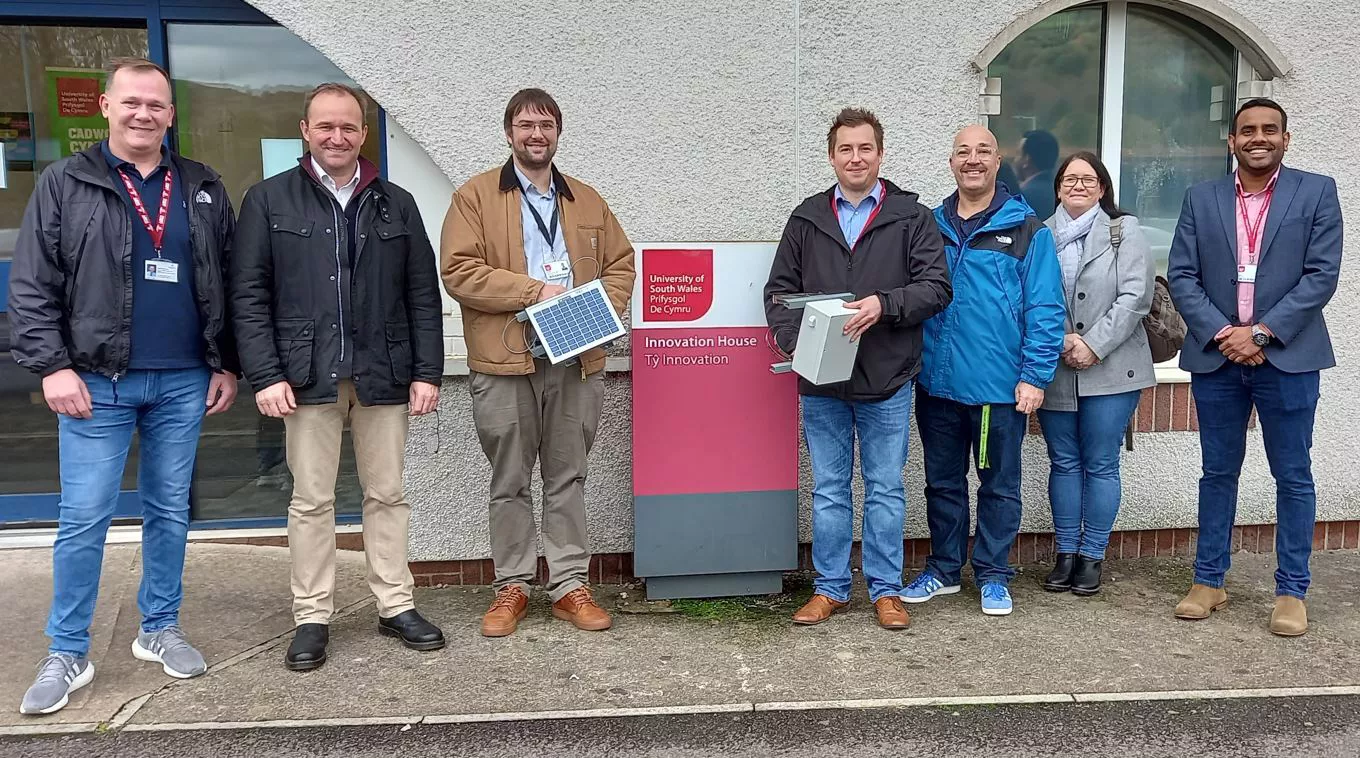
University of South Wales – Treforest Campus
A low-cost, high-longevity and accurate air quality monitoring network has been developed by the University of South Wales. To address these concerns, a partnership has been formed between Rhondda Cynon Taff County Borough Council, Welsh Government, Respiratory Innovation Wales, Wales Institution for Digital Information and the University of South Wales. The consortium, provided each of the partners an improved knowledge base and how to tackle issues encountered during the project.
Initially, the Welsh Government provided access to the digital infrastructure required to launch the project and advised on key issues concerning digital connectivity. To counter these issues, USW demonstrated excellent teamwork with the Welsh Government and the Rhondda Cynon Taff Council through the deployment of a modern IoT digital infrastructure, capable of both the urban and remote demands required by the concept air pollution sensors.
Once the digital connectivity infrastructure was deployed, the team at USW worked collaboratively with Respiratory Innovation Wales and Wales Institution for Digital Information to determine the scientific and medical requirements of the air quality monitoring sensors, taking into consideration the various pollutants that are of key concern for monitoring. To develop these sensors, USW created internal job vacancies to raise speciality in IoT sensor design, development and testing with the intention of generating permanent roles to address a variety of challenges that can be solved with IoT remote sensing.
The team at USW then faced the issue of installing the sensors safely at key areas identified by the Rhondda Cynon Taff Council, and to tackle this, the Rhondda Cynon Taff Council used their resources to aid in the deployment of the sensors onto the digital network. From these successful trials, the project partners aim to facilitate the delivery of further devices and integration of technologies. The end-vision is to deliver these solutions, both nationally and internationally, to provide clean air for the population and contribute to the Good Health and Well-Being targets outlined by the United Nations Sustainable Development Goals.
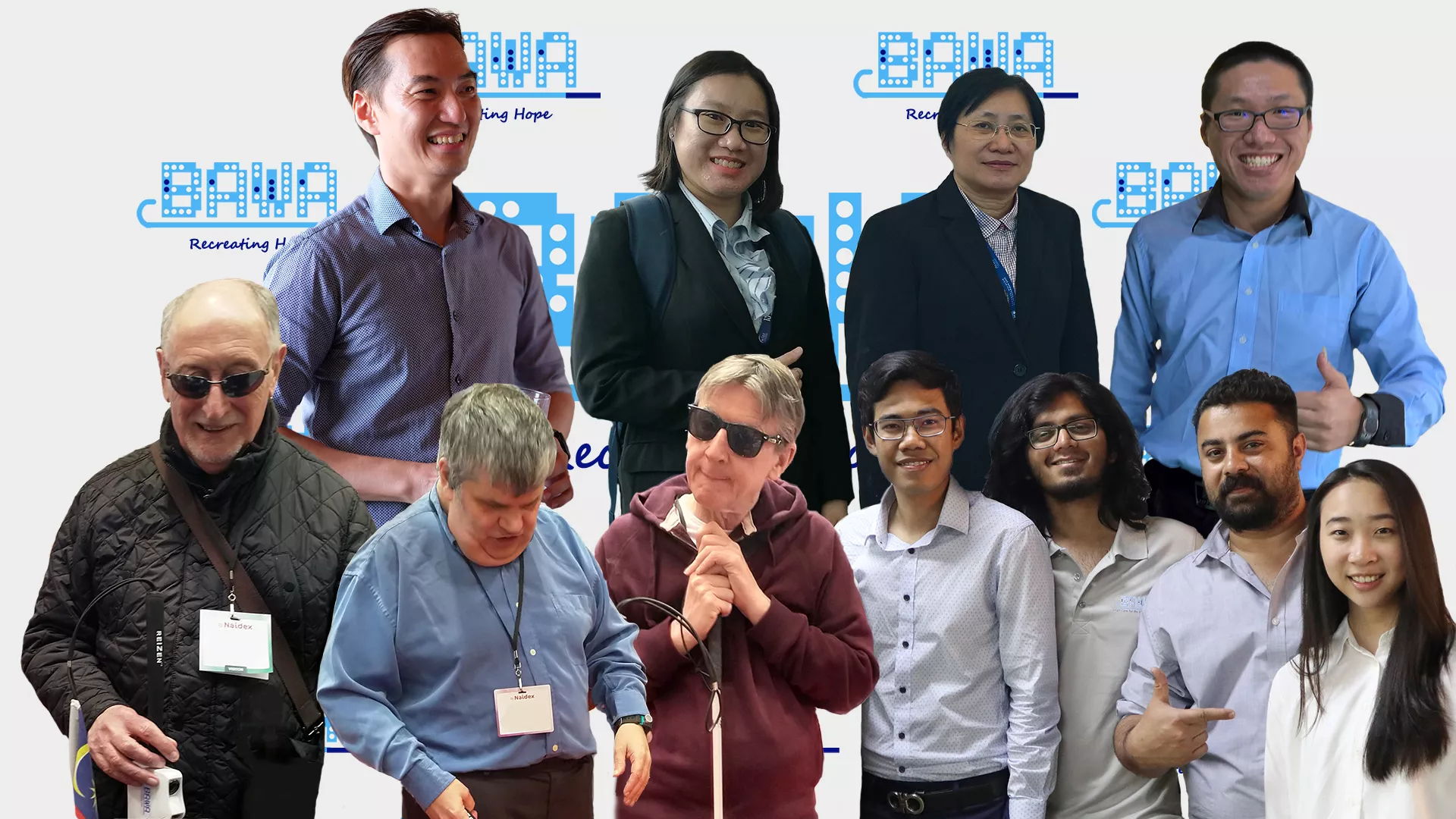
Wangi Lai PLT, Malaysia
I believe teamwork or rather the absence of teamwork is a leadership issue. I am guided by my team and vice versa. Ultimately, it is this two-way street that is cultivated among the team that contribute to the success of the project.
The pandemic led to a shift towards digital meetings, unlocking the possibility of having talent from diverse backgrounds working towards shared goals.
This awareness, promotion, and delivery of equality, diversity, and inclusion in the workplace created work environments and cultures where every individual team member feels safe, a sense of belonging, and is empowered to achieve their full potential.
The team embraces flexible, decentralised manufacturing methodologies to get samples, products, and services as close to our testers and customers as possible to prevent further shipping delays.
The project’s 5-year mission is to explore strange, new technologies and techniques in the assistive technology industry, with a passion for improving the quality of life for the blind and visually impaired community.
Digital Futures – promoting professional ethics and trust
Winner
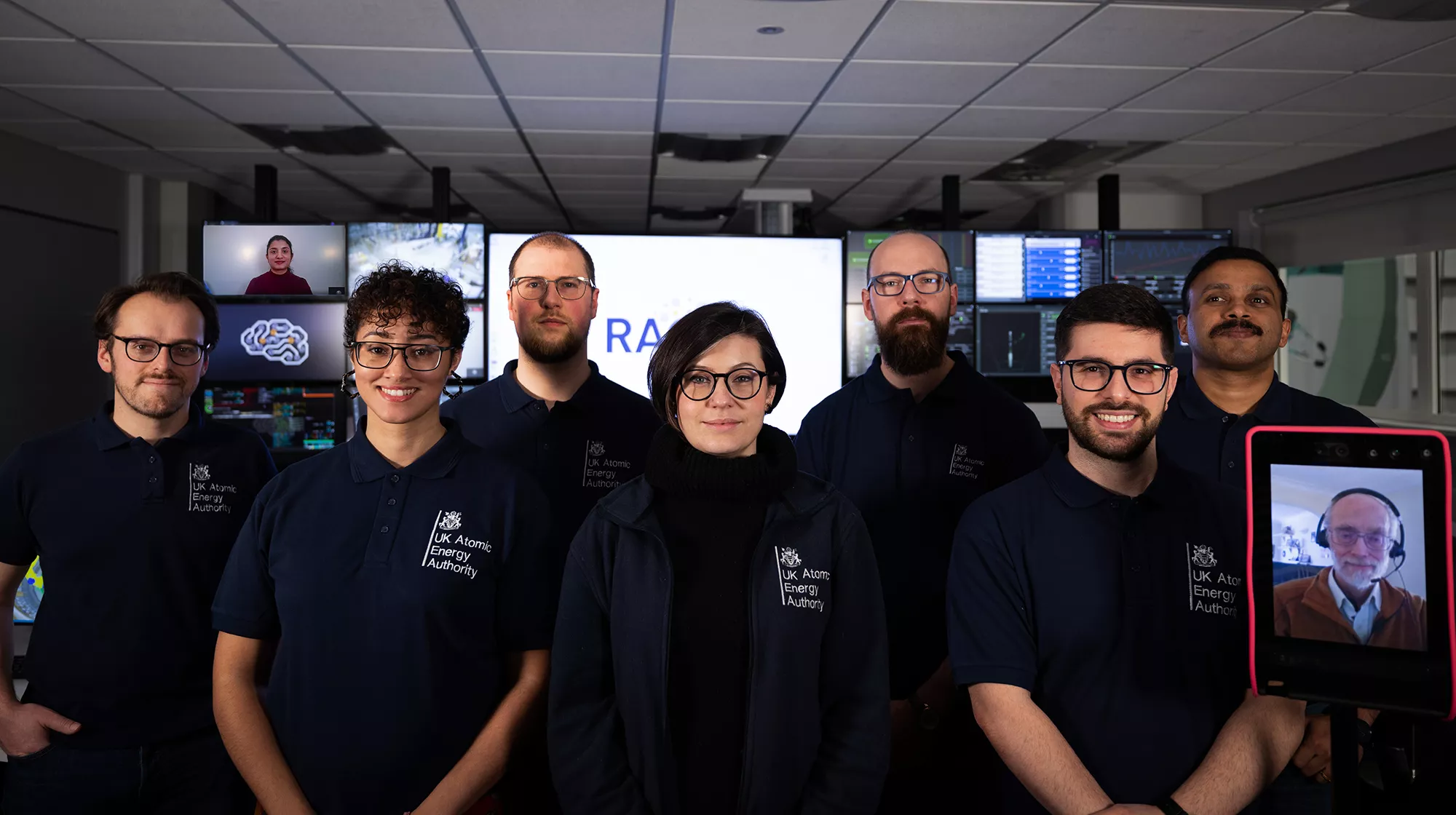
UKAEA
The success of CorteX, RACE’s in-house developed robotics control software, is a testament to the abilities of its team. Since the project’s inception, the team has grown and morphed, adding skills from multiple disciplines.
This technology is the result of collaborative effort between experts in robotics research, software engineering, UI/UX design, quality assurance, standards compliance, and technical authoring. With this melting pot of experience, RACE is developing CorteX to help other teams all over the globe, both in industry and academia, who are facing complex interoperability challenges.
The original vision for CorteX came from Robert Skilton (UKAEA Robotics Fellow) in 2013. Matthew Goodliffe (Lead Technologist) continued the project in 2014 and was joined by Dr Ipek Caliskanelli (Senior Robotics Research Engineer) in 2017, together completing the vision and taking it from research project to tangible product.
Matthew and Ipek assembled an A-Team of senior engineers – Craig Whiffin and Michael Xymitoulias, who at the time were working on competing projects. With the addition of Melloney Luckhurst and her creative UX/UI expertise, the team designed the software architecture and modernised its HMI.
The CorteX team is highly flexible, using agile methodologies and has a natural ability to communicate. Either in person or remotely (especially over the course of the pandemic) the team has always been able to balance efficient interfacing with friendly informal conversation, resulting in high productivity with minimal pressure.
Both the team, and CorteX were put to the test in Sellafield’s ‘Grand Challenges’ scheme. Over two, high-pressure days, the team successfully performed a complex, unseen task involving multiple robots and cameras, all without interrupting the logic. They demonstrated that their software – developed for future Fusion Energy robotics – is impactful in pressing, real-world scenarios like nuclear decommissioning.
Cortex has been adopted by many other teams at RACE as a control system, and the project has an excellent reputation as a supportive environment for new hires and Graduates. The team continues to collaborate effectively both within RACE and with external organisations. At present, they are transferring critical knowledge and CorteX’s technology to the clean-up operation at Fukushima Daiichi power plant.
Finalists
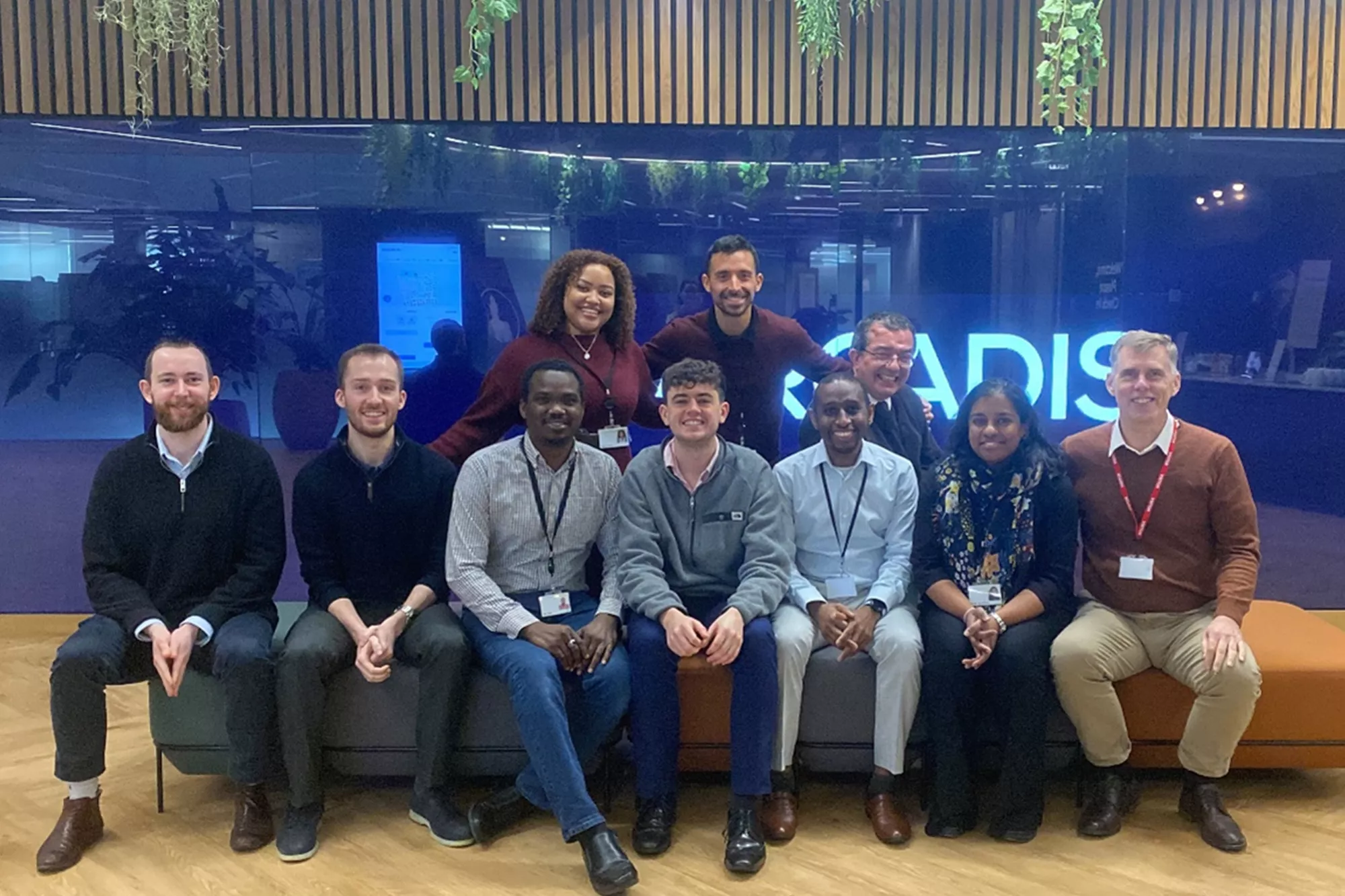
Arcadis
We are part of the systems engineering team at Arcadis who work on projects across infrastructure, defence and resilience sectors to deliver an integrated solution, with HS2 being one of the projects in our portfolio of work.
We are a team consisting of people from many diverse backgrounds, cultures and experiences.
This breadth of lived experience has been important in creating a truly collaborative environment, further driving discussions around improvements and innovation, that add positive value and impact to the projects that we deliver.
Our team are constantly developing and implementing innovations and improvements to improve the efficiency of the integrated assurance process that we implement on projects.
Working across so many different companies on major projects has required the formation of Integrated Project Teams (IPT) where we implement shared working environments, allowing for greater communication as well as efficiency and quality in delivery. This enables people working across multiple organisations or teams to collaborate in a common environment, with access to any data, design, or requirement that they may require.
Additionally, following the lockdowns due to Covid19, the return to workplaces has proved to be a real success in driving the team dynamics onwards and enhancing team culture. This has been done by having in person meetings, meals, and socials as a larger organisation, rather than siloed within the company an individual may work for. This has helped to cement the team as a truly integrated team, ensuring all individuals are comfortable in not only raising issues, but solutions.
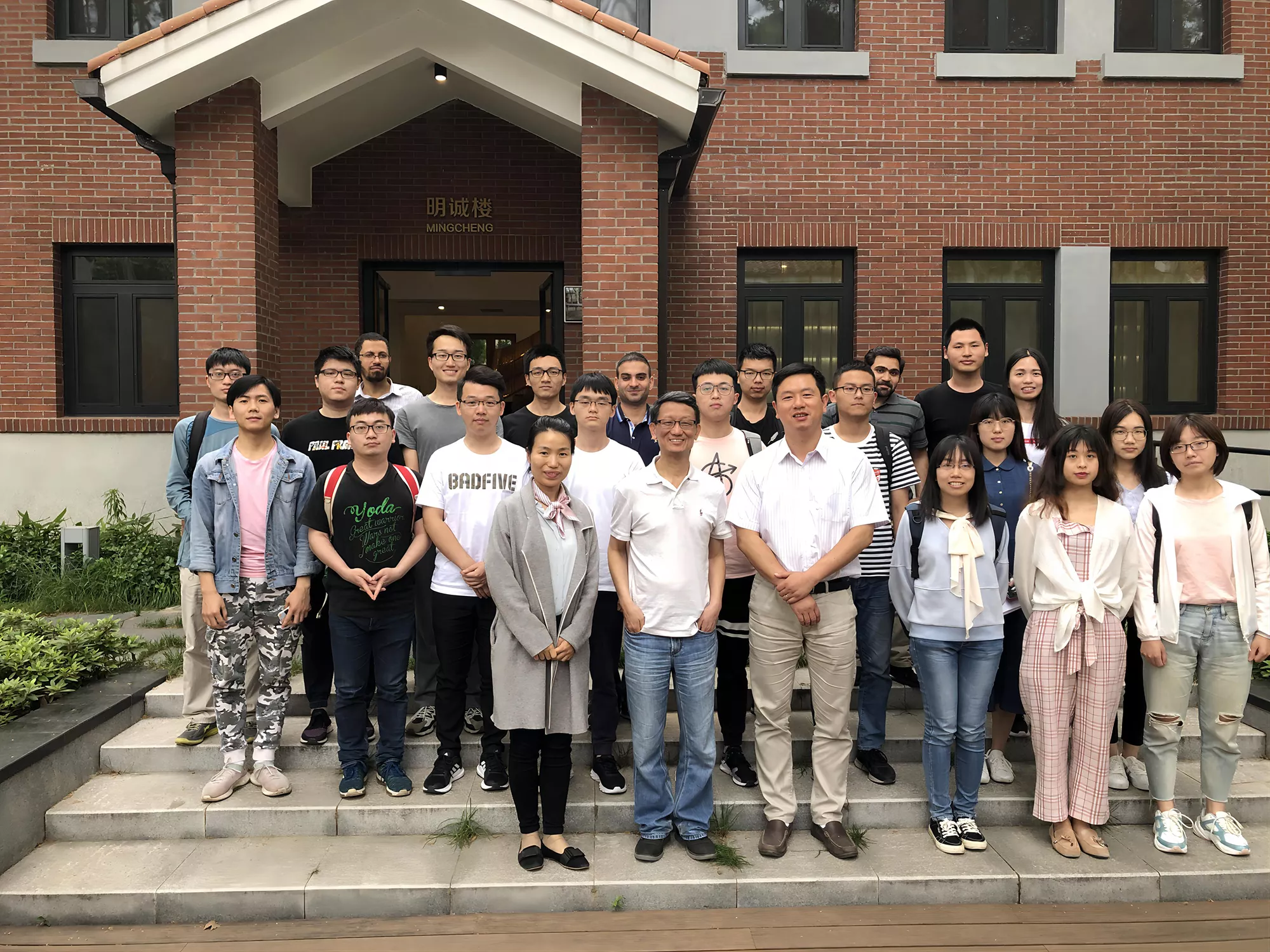
Huazhong University, China
We are an international team with a global team of 7 researchers, based in China, Singapore, Pakistan, Iraq and Egypt.
The team was founded by Professors You Yang and Qiong Liu. Under the instruction of the Professors, all other members were Ph.D. students; after receiving their degrees, they continued to work together, pursued their individual academic interests, engaging in collaborative research.
Knowing each other’s strengths enable the team members to form better alliances and more deliberate cooperation. Strong teams start with the efforts, cooperation, and understanding of each individual member.
As of right now, every team member is still actively working on various projects under supervision of Prof. You Yang, and everyone will gradually improve both their working relationships and the relationships within the team.
Moreover, the most crucial aspect of our teamwork is nonprofit. Based on that, the team’s efforts can all be academically focused and pure. Technical difficulties are a constant in the research process, but we overcome them with effective teamwork and trust in each other.
About The Institution of Engineering and Technology (IET)
The IET is on a mission to inspire, inform and influence the global engineering community to engineer a better world. As a diverse home across engineering and technology, the IET shares knowledge that helps make better sense of the world in order to solve the challenges that matter. Further information is available at www.theiet.org.
Naidex | Tech Talk
How Data Analytics Impact
Blind Lives
Make Hackathon
BAWA Cane at Infineon LG Make Hackathon
Tech Talk
Transforming Sarawak through IoT
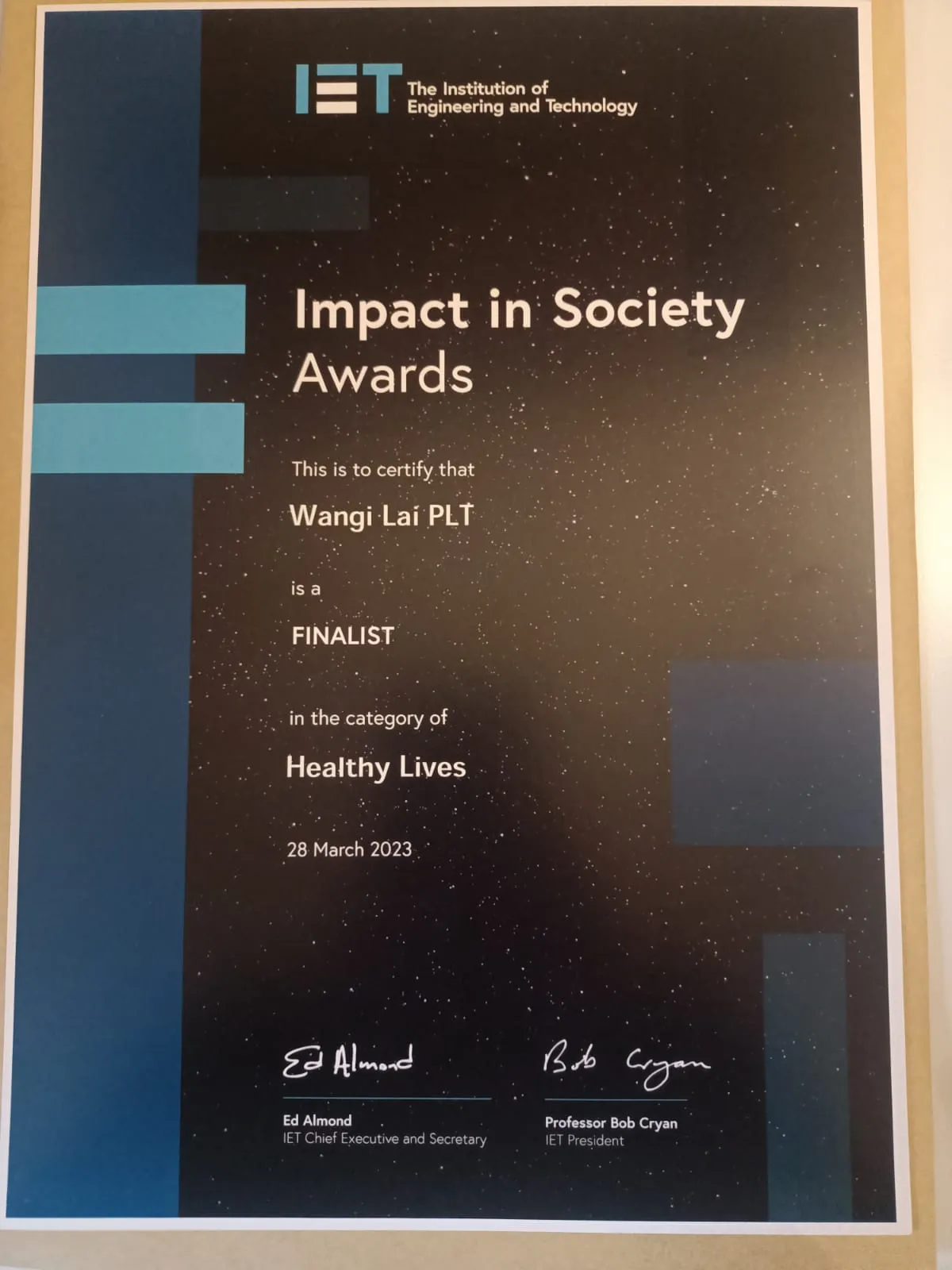
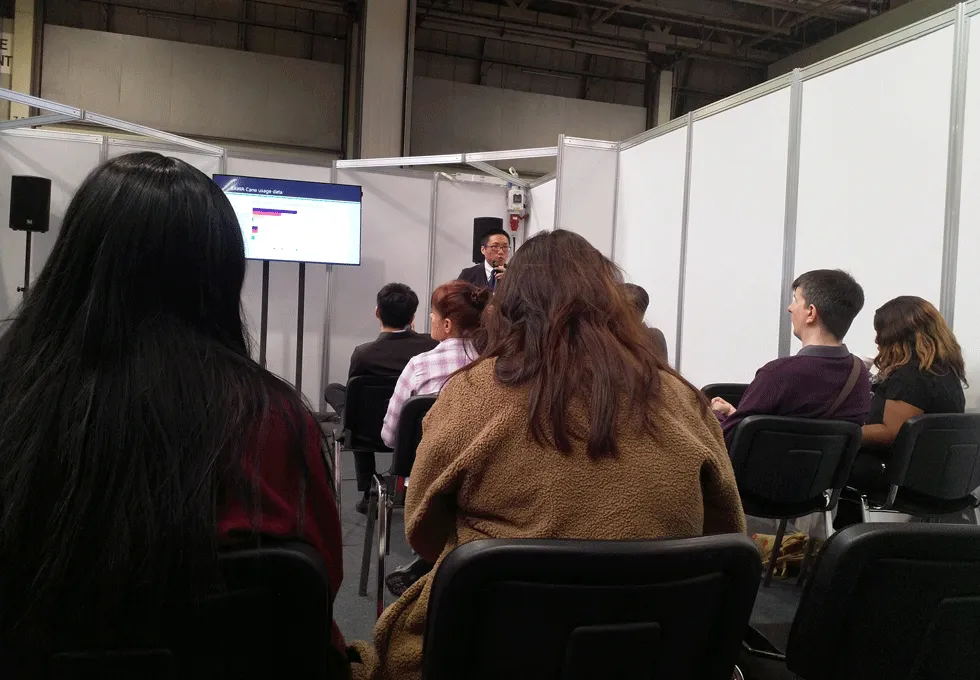
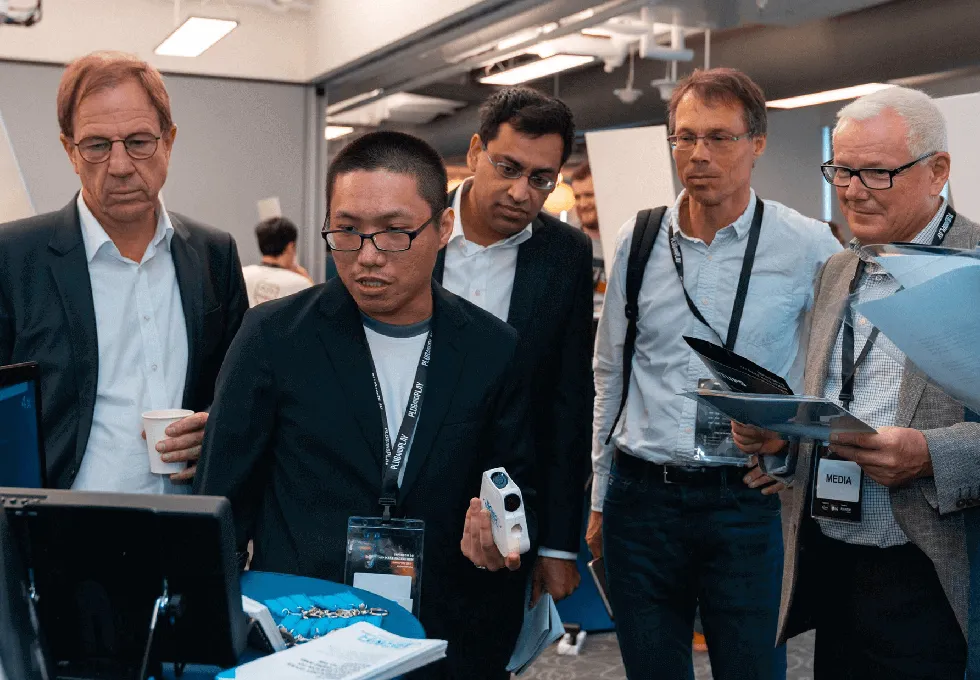
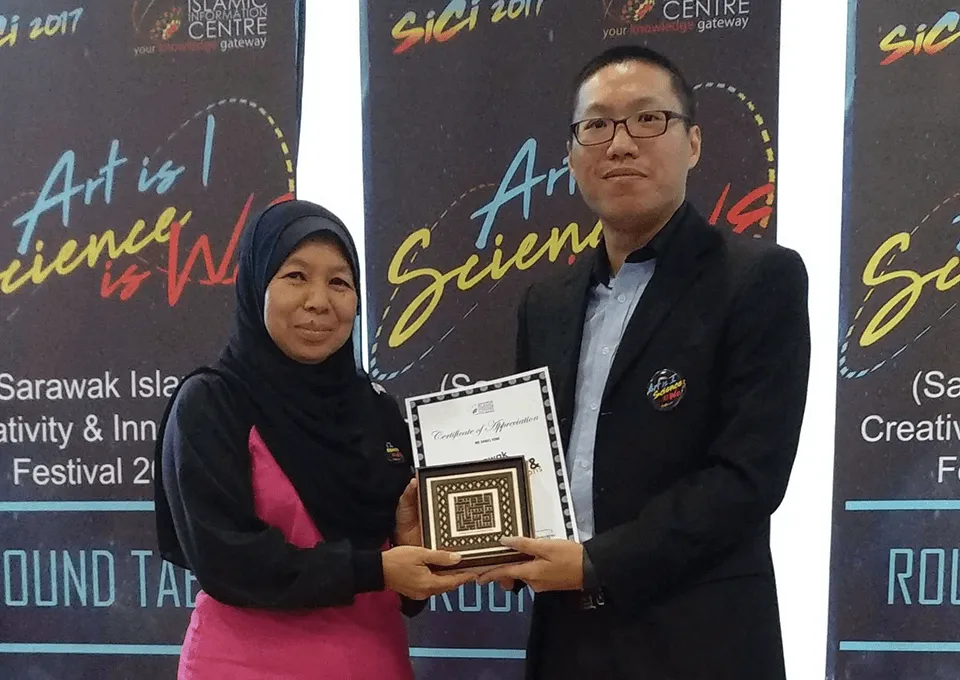
Well done on the nomination! The fact that you have been acknowledged for the award confirms that the efforts you all put in are worthwhile.
Excellent job on being nominated! This recognition for the award serves as a testament to the value of the work you are all contributing towards. It’s inspiring to see your efforts being acknowledged and appreciated in this way. Keep up the great work!
Kudos to BAWA Tech team on your nomination! This recognition for the award highlights the value of the work you’re all doing. It’s inspiring to see your efforts being acknowledged and celebrated in this manner. Keep up the great work!
Bravo on your nomination! It’s motivating to see your contributions being recognized and respected in this manner. Keep up the outstanding work!
It is truly a great and useful piece of information. I am happy that you simply shared this helpful info with us. Please keep us informed like this. Thanks for sharing.
Good post. I learn something totally new and challenging on blogs I stumble upon on a daily basis. Its always useful to read content from other authors and practice something from their websites.
Hi there, just wanted to mention, I enjoyed this blog post.
It was practical. Keep on posting!